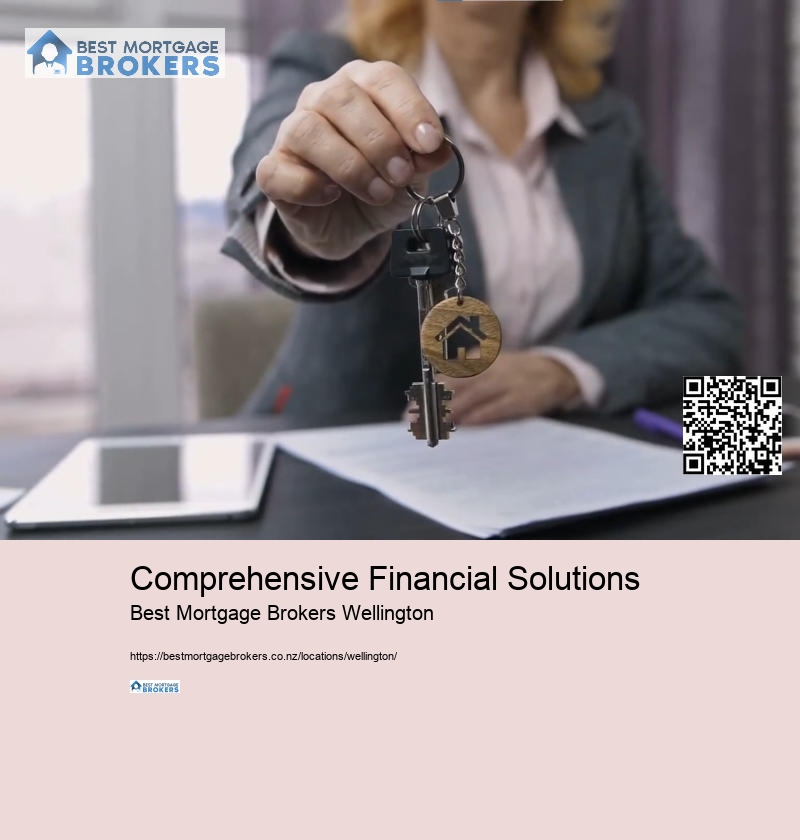Comprehensive Financial Solutions
property investors
Our team of experts will provide you with personalized solutions and service tailored to your needs. We can help you simplify your journey to homeownership by connecting you to the best Wellington NZ mortgage brokers. Understanding their role in facilitating the relationship between lenders and borrowers is key to grasping the essence of the mortgage broker's job.
They play a crucial role in simplifying the complex process of obtaining a mortgage by leveraging their expertise and network of lenders to find the most suitable loan options for their clients. Brokers work closely with borrowers to assess their financial situation, goals, and preferences.
Also, brokers can help their clients with the completion of paperwork. This saves them valuable time.
Brokers can offer mortgages from multiple lenders. They have relationships, for example, with banks, private institutions and credit unions.
Comprehensive Financial Solutions - property goals
- mortgage broker
- home loan
- advisor
- property goals
- mortgage advisor
- new zealand
- property investment
- financial analysis
Affordable Home Loans Wellington




